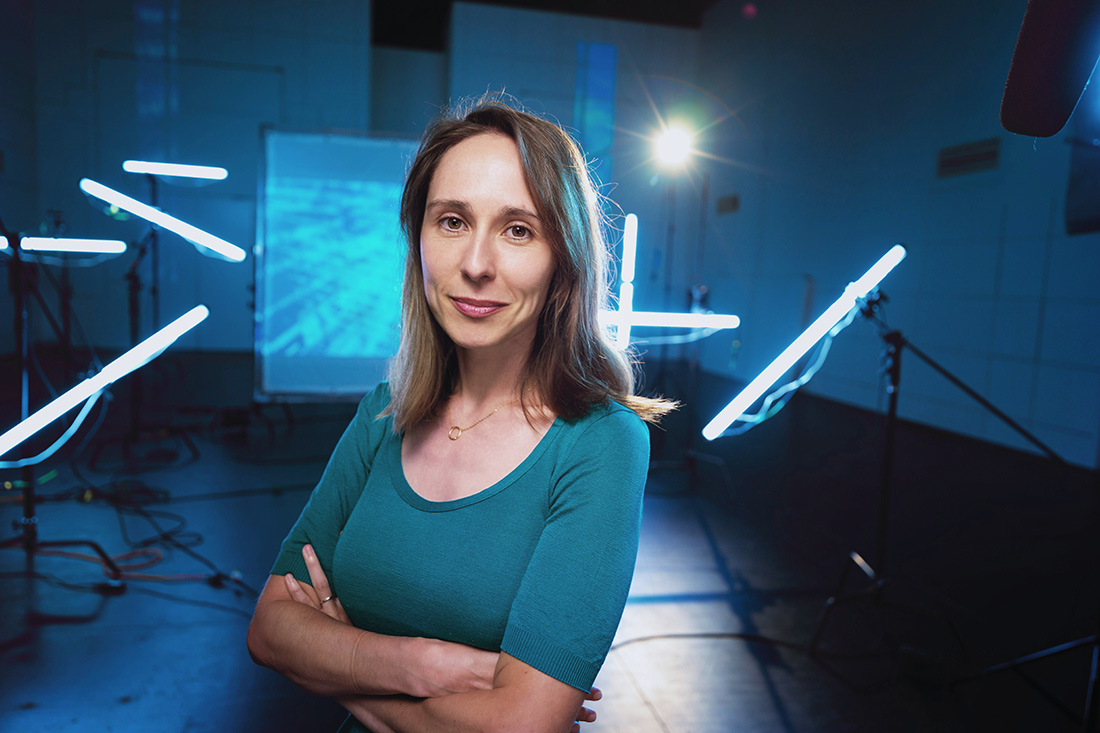Learn from the best
QUT is a world leader in digital communication, media and journalism. Its research and teaching is pushing boundaries and developing new ideas through transdisciplinary thinking in a fast-changing global creative economy.
The QUT School of Communication is ranked as Australia’s leading school for communication and media studies, and among the top schools in the world. QUT is ranked number 33 in the world and number 1 in Queensland for media and communications studies at university (QS World Rankings, 2025).
The Digital Media Research Centre (DMRC) conducts world-leading research for a creative, inclusive and fair digital media environment. The DMRC provides access to groundbreaking research infrastructure and capabilities in digital methods such as social media analytics, and a dynamic and supportive research training environment. QUT is also the only university in Australia that has received the top ranking for communication and media studies in every Excellence in Research Australia (ERA) round since 2010.



